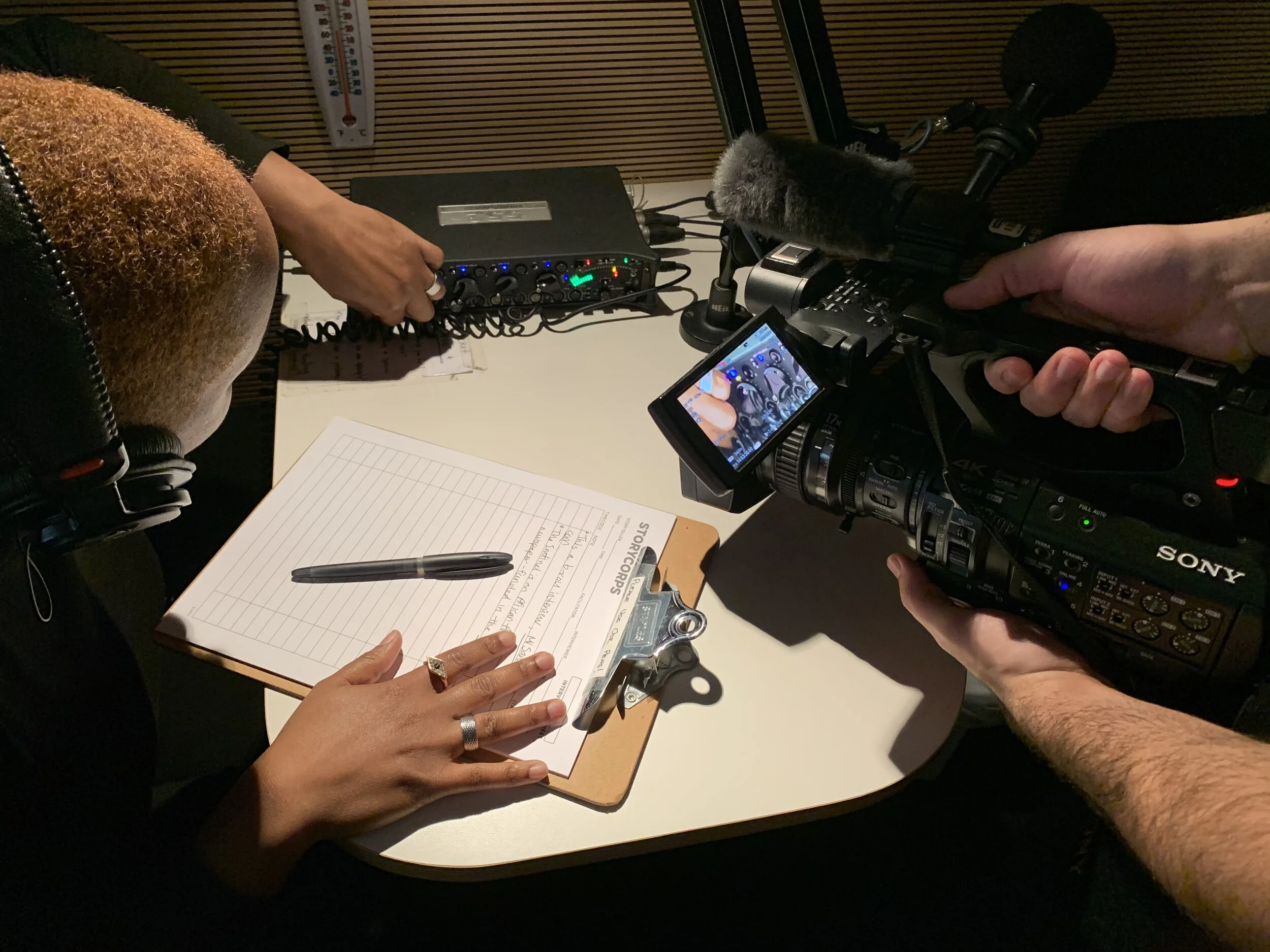
Before + Aftercare Approach to Storytelling
A teaser of my Before + Aftercare approach to interviewing is below. For more information, for a full download of my Before + Aftercare framework, and/or to talk this approach through one-on-one, email me at: storytellingwithnico {at} gmail {dot} com <3
~~~~~
An interview is a conversation with a purpose.
If this is used as a base definition, then folx have interviews every day!
~~~~~
Before + Aftercare during the interview process
Aftercare— broadly, refers to the care process in which partners engage after an intimate, romantic (often physically) experience. I’ve borrowed aspects of the aftercare process, bringing it from a romantic space into another intimate space— the interview process.
Beforecare— a term which I’ve chiseled off from aftercare, refers to how to establish a practice of mutual care- centered around the experience of the storyteller- during the interview process.
Fused together, Before and Aftercare are an inseparable process of care that inform my interviewing style.
Think about a complex conversation you’ve had with a loved one: a family member, friend, partner, or with a colleague.
What made you feel listened to, respected, and cared for as you navigated the complexities of divergences in communication? In which ways did you practice active, respectful, compassionate listening during these moments?
Frequently, we do not set up what could be difficult, healing, intense, caring, intimate, complicated, and/or relationship-building conversations between ourselves, loved ones, and folx in our orbit from a place of Beforecare and that affects the Aftercare process.
Start small: Before and Aftercare originate from a place of empathy.
Beginning a pre-interview by asking how the storyteller is feeling on that particular day.
Beginning an interview by asking the storyteller what they’d like to discuss or if there are any off-limit topics.
**Both of these practices remind the storyteller that they have direct agency over the conversation.
Sharing some personal information about who you are and why you’re excited about the conversation reminds the storyteller that you are bringing your own humanity to the recording and that their story matters.
Ending an interview by asking how the storyteller is feeling after sharing their story with you.
Asking how/if you can support them in the processing of the conversation.
**Both of these practices show the storyteller that you care deeply to honor their experience, their humanity, their story, and the trust you’ve developed by being vulnerable together.
Setting internal boundaries about how much space holding for processing you have the capacity for is healthy.